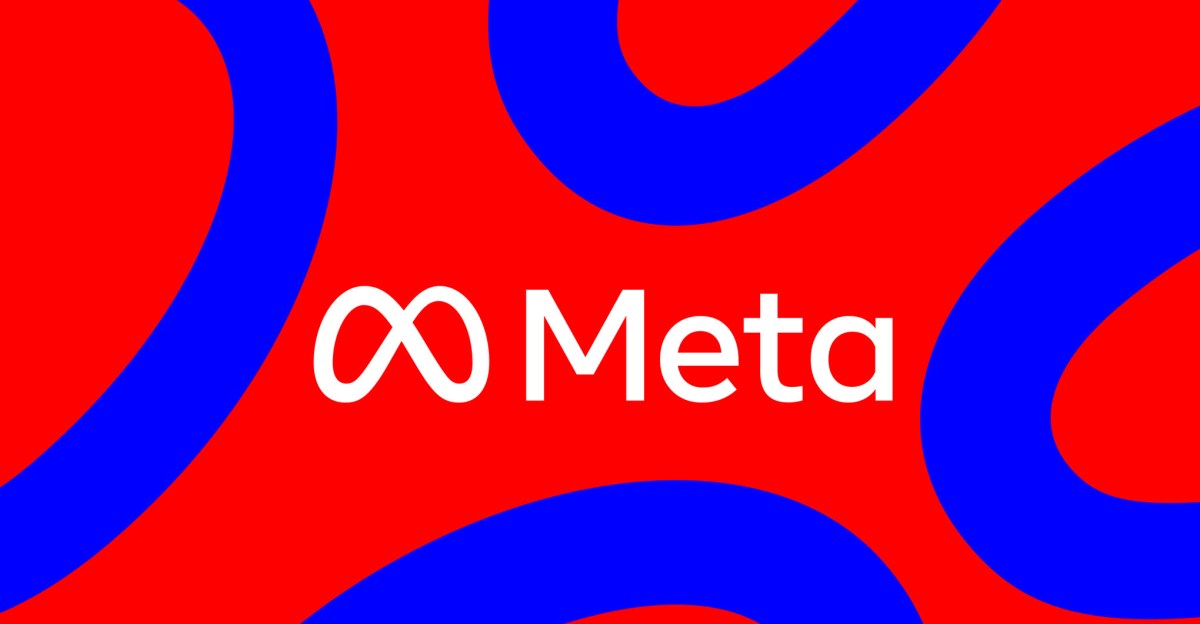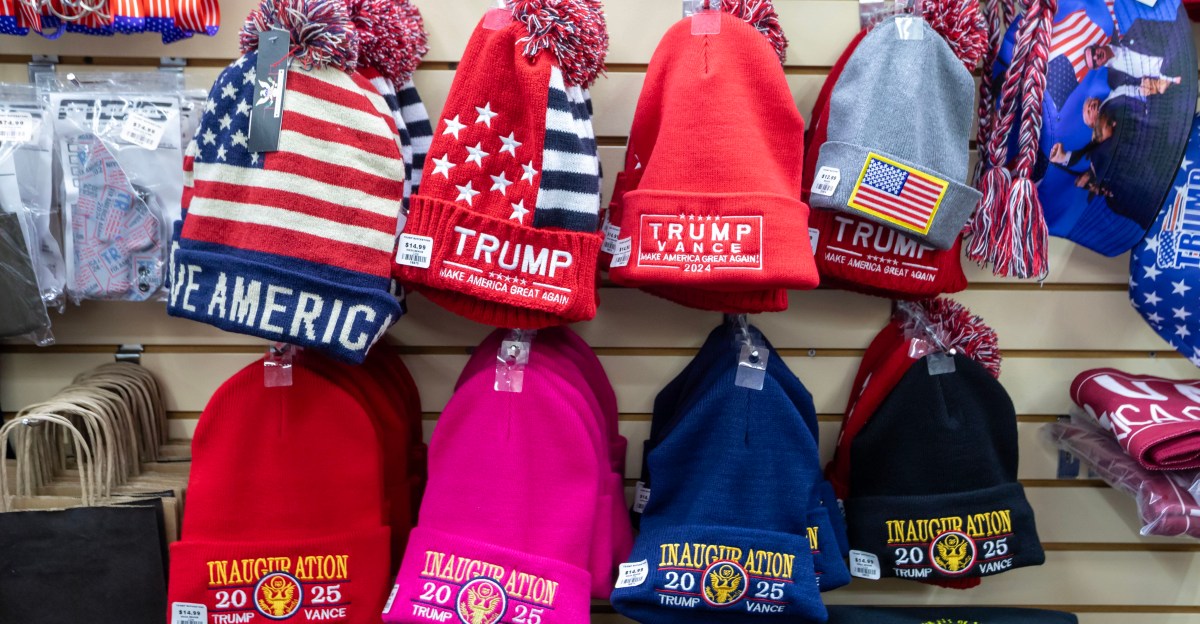On Thursday night, I toggled endlessly between a TikTok Live stream and a shopping app in anticipation of 9:30PM. For 30 minutes, I hunted for an available listing; many expletives were uttered. I exhibited bot behavior and got iced out of the app multiple times. I tapped so many times my thumbs got sore. This is Labubu drop night.
Latest Tech News
The frenzied, gamified chase for Labubus

Something that’s lost in the Labubu mania is that actually buying one from the source is, in one word, maddening. There are, of course, countless fake options (“Lafufus”) that some collectors have come to embrace. But if you want a guaranteed real one, you have to go to the source. Pop Mart, the Chinese toy company that sells Labubu products, has created a series of Sisyphean tasks to subject shoppers to, a humiliation ritual with the chance of getting a little figurine at the end. Unlike many other rare, trendy, or collectible items, the barrier to entry for Labubus is not the cost of the item ($27.99) — it’s everything you need to learn how to do before you buy them.
I spent about a day researching how to actually purchase a legit Labubu from Pop Mart. It’s not a straightforward shopping experience of simply clicking “check out” faster than everyone else. Pop Mart has created a digital frenzy that somewhat resembles what shopping in-person on Black Friday is like: interactive illustrations show display cases stocked with up to six boxes of Labubus. Seconds after they hit the site, all of the boxes are grayed out, meaning someone has at least temporarily claimed them. If you haven’t secured a Labubu, you must scroll through a seemingly endless list of display cases, looking for the rare box up for grabs; more often, though, you must tap constantly, looking for a gray box with a timer that is about to expire, at which point it will be released and available again. You have to play what is essentially a mobile game to even get a chance to buy a Labubu.
The complexity and finickiness of the Pop Mart app mean that there is no shortage of content with tips, hints, and hacks for securing a Labubu. Some influencers have racked up millions of views almost exclusively making videos about how to score popular Pop Mart products. Some of the tips I studied ended up helping me: when I tapped too many times and was blocked by the app, turning Wi-Fi on and off did indeed fix the problem. But other suggestions from collectors were impossible to follow. Some fans swear by camping out on Pop Mart’s hourslong TikTok live streams, waiting for the host to randomly list Labubus for sale on the platform’s shopping page; the auctioneer-style monologues were simply too much for me to listen to.
After about 30 minutes of uninterrupted two-handed tapping, close encounters, and error messages, I finally spammed a gray box right at the moment it was released. The mystery Labubu was mine. I “shook” the virtual box, which gave me a hint as to what color character was inside: it was not orange or green (I didn’t have a color preference, but other shoppers might at this point abandon a box that Pop Mart says does not contain their color of choice). After checkout, I opted to reveal which Labubu I had purchased — it was the blue one, named “Hope.”
It’s not entirely surprising that Labubus have taken off like this: the more you are forced to look at them, the cuter they become (maybe). They’re not the first so-called blind box toy to gain a cult following, and there’s a somewhat dark comparison to be made between Labubus and gambling — for serious collectors, the thrill is in the reveal, the chance that you hit the rare color that Pop Mart says is in one out of 72 boxes. It’s addictive, plain and simple.
But the longer I spent on Labubu forums or on the Pop Mart site, the more I understood that the toy at the end is almost beside the point: legit Labubus represent the time and effort that came before the unboxing, along with the pure luck of what’s inside. A friend who has scored dozens of Labubus for their network told me flipping the dolls isn’t even worth it unless it’s an unopened box or a rare color — the margins are too low to make real money. The pervasiveness of Lafufus no doubt helps to push prices down. The real value of Labubus is in the ridiculous hoops you have to jump through to get a shot at something collectible.
According to Google Trends, search volume for “Labubu” is as high as it’s been. The TikTok livestreams will drone on, the bots will be deployed nightly, and the viral unboxings will pull in views. The hype will die down only when it’s no longer torture to buy one, when the little guys (who are actually canonically girls) are just a toy, not a stand-in for your effort. When that will happen is anyone’s guess; my Labubu is scheduled to ship out in September.
Latest Tech News
Meta is playing the AI game with house money

Mark Zuckerberg’s AI hiring spree is costing a lot of money. His investors don’t care.
Meta’s stock price shot up over 10 percent on Wednesday after the company reported better-than-expected earnings. Revenue generated in the second quarter was $47.5 billion, up 22 percent from a year ago. Daily users across Facebook, Instagram, Threads, and WhatsApp grew to almost 3.5 billion. Meta also warned Wall Street that it would spend more on data centers and hiring next year. In response to all this, the company’s valuation increased by over $175 billion, or more than 12 Scale AI deals.
”Our business continues to perform very well, which enables us to invest heavily in our AI efforts,” Zuckerberg said during today’s earnings call. Meta’s cash cannon is now fully pointed at his new moonshot of achieving superintelligence, or as he puts it, AI that “surpasses human intelligence in every way.” He bragged about providing the richly compensated members of his new superintelligence lab “access to unparalleled compute” for training new models that will “push the next frontier in a year or so.”
Zuckerberg’s last moonshot was the metaverse, which came up only once at the very end of today’s earnings call. It’s too early to compare the two projects, but they share a key similarity: they need the kind of funding that only a company like Meta can provide.
Where AI differs from the metaverse, however, is that it appears to be already improving Meta’s ads business. A new AI model for delivering ads has driven approximately five percent more conversions on Facebook and three percent more conversions on Instagram, according to CFO Susan Li. Large language models are also starting to power how posts are ranked in feeds across the company’s apps, including Threads.
While Meta is still spending heavily on the metaverse (it’s on track to spend a total of $100 billion on its Reality Labs division this year), there’s no mistaking the fact that AI is officially Zuckerberg’s top priority. This time, though, he’s playing catch-up in a heated race, not trying to invent a new platform from scratch. The stakes are much higher, even if he’s playing the game with house money.
Latest Tech News
YouTube tells creators they can drop more F-bombs

YouTube videos with strong profanity in the first seven seconds (words like “fuck”) are now eligible for full monetization, according to a video from Conor Kavanagh, YouTube’s head of monetization policy experience. Previously, these kinds of videos were only eligible for “limited ad revenue.”
Changes to YouTube’s inappropriate language policies have long been a sore spot for creators. In November 2022, the company began to potentially limit ad revenue if profanity was used in the first 8–15 seconds of a video. ProZD, whose real name is SungWon Cho, published a video where, after waiting 15 seconds, he called the policy change “the dumbest fucking shit I’ve ever heard.” (He later said that the video was demonetized.) YouTube adjusted its policies in March 2023, including allowing videos with profanity in the first 8–15 seconds to be eligible for ad revenue.
I asked ProZD his thoughts about Tuesday’s change. “It’s about fucking time.”
The company originally restricted monetization for videos with swearing at the start of videos to “align with broadcast standards,” Kavanagh says. “Advertisers expected ads on YouTube to have distance between profanity and the ad that just served.” However, “those expectations have changed,” he says, “and advertisers already have the ability to target content to their desired level of profanity.”
While the only specific example of “strong” profanity Kavanagh provides is “fuck” — he says that YouTube defines “moderate profanity” as words like “asshole” or “bitch” — “you get the idea,” he says.
YouTube will continue to limit monetization if you use moderate or strong profanity in titles or thumbnails. Videos with a “high frequency” of strong profanity are also still a “violation” of YouTube’s advertiser-friendly content guidelines, Kavanagh says. “You have to pick and choose your fucks carefully.”
Latest Tech News
The controversial legal tactic The Trump Organization is using to take down fake merch

Unauthorized merch promoting Donald Trump — from hats and mugs to signs and T-shirts — is everywhere online. Go to a Trump rally or other MAGA political event and you’re bound to find people hawking their DIY Trump wares.
The Trump Organization apparently isn’t too pleased.
A lawsuit filed last week claims online sellers on platforms like eBay, Amazon, and Walmart are hawking goods that infringe on the Trump Organization’s trademarks.
“Defendants design the online marketplace accounts to appear to be selling genuine TRUMP Products while selling inferior imitations of such products,” the suit, filed in US District Court in Florida, reads.
But The Trump Organization’s lawsuit isn’t your run-of-the-mill trademark case — look at the filing and you won’t find a list of sellers the firm is going after. Instead, there’s a vague stand-in for the defendants: “The individuals, corporations, limited liability companies … identified on Schedule A.”
These lawsuits are a way to go after dozens, hundreds, or even upwards of a thousand online storefronts all at once, making it much cheaper for plaintiffs. Schedule A suits are regularly filed under seal, meaning there isn’t the same level of public transparency. At times, plaintiffs have been able to get extraordinary remedies in court, like getting defendants’ assets frozen — including in a case I wrote about where an Amazon seller was unable to withdraw $50,000 in earnings.
These types of lawsuits get their name from the separate “Schedule A” form that’s filed to court — often under seal — listing all the online storefronts being sued. While it’s true that the web is filled with knockoffs, some experts have argued that Schedule A suits at times go overboard and raise due process concerns for the entities being accused of selling infringing products.
I’m not a judge or a trademark expert, so I will make no judgment on the merits of The Trump Organization’s claims. But it’s fascinating to see the president’s private business take up the same legal tactic that’s used by brands like Nike. Fake (or, to be more precise, unauthorized) Trump merch feels part and parcel with the MAGA ecosystem, whether it’s a homemade Trump yard sign or bloody post-assassination attempt pictures being plastered on T-shirts for sale on Etsy.

 Fintech1 week ago
Fintech1 week agoOpenAI and UK Government Partner on AI Infrastructure and Deployment

 Latest Tech News2 weeks ago
Latest Tech News2 weeks agoThe tech that the US Post Office gave us

 Cyber Security1 week ago
Cyber Security1 week agoMicrosoft Fix Targets Attacks on SharePoint Zero-Day – Krebs on Security

 Artificial Intelligence2 weeks ago
Artificial Intelligence2 weeks agoApple loses key AI leader to Meta

 Latest Tech News1 week ago
Latest Tech News1 week agoTrump wanted to break up Nvidia — but then its CEO won him over

 Latest Tech News5 days ago
Latest Tech News5 days agoGPD’s monster Strix Halo handheld requires a battery ‘backpack’ or a 180W charger

 Cyber Security6 days ago
Cyber Security6 days agoPhishers Target Aviation Execs to Scam Customers – Krebs on Security

 Artificial Intelligence1 week ago
Artificial Intelligence1 week agoWhy Apple is playing it slow with AI

















